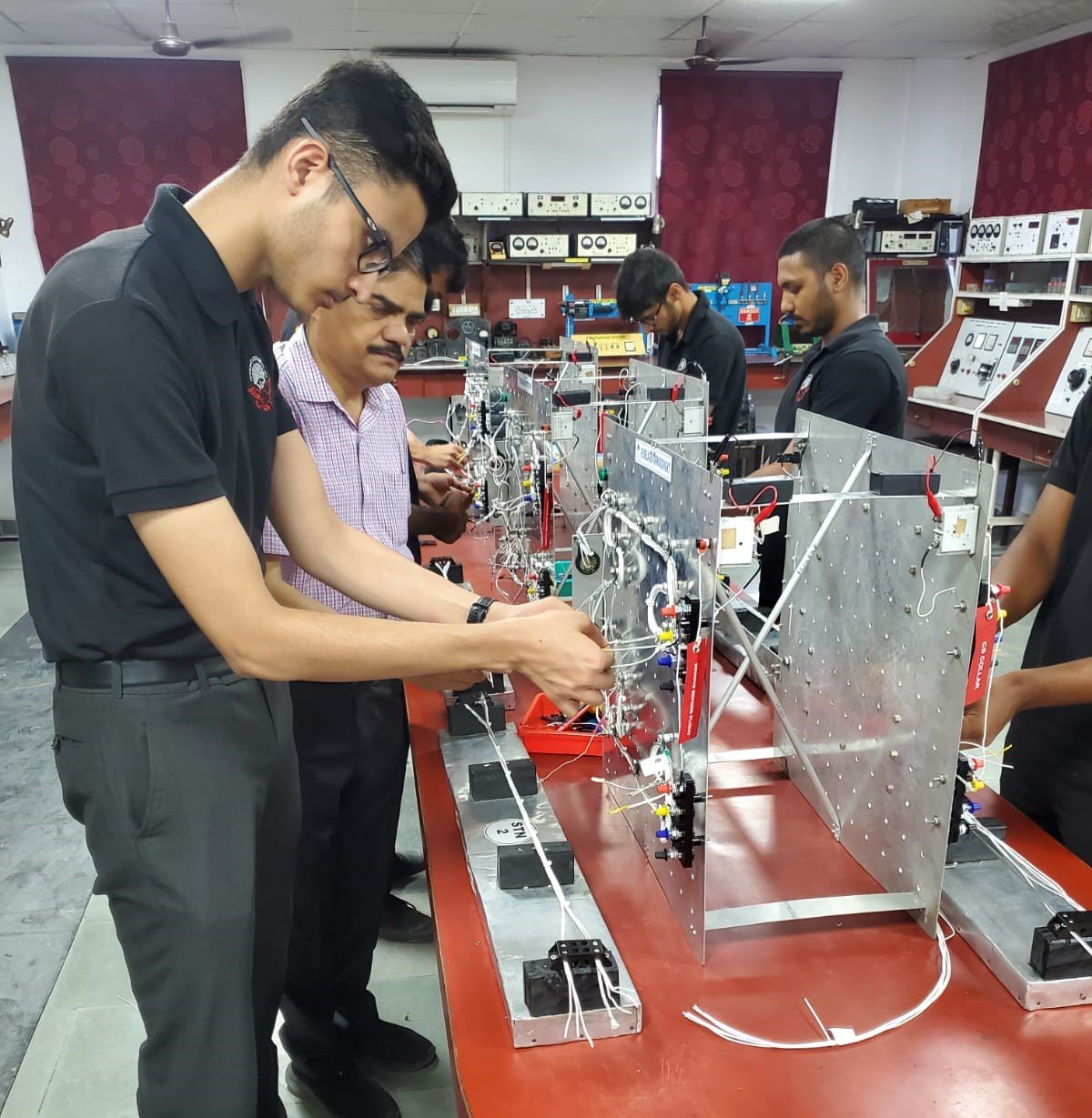dgca approved best ame Colleges in India since 1981

The Indian Institute of Aeronautics (IIA) Group DGCA approved Aircraft Maintenance Engineering AME College in India was established in 1981, and it has been providing education and training in the aviation sector for over four decades. The group offers comprehensive courses in Aircraft Maintenance Engineering, covering both mechanical and avionics streams. Students enrolled in aircraft maintenance and operation programs learn about aircraft structure, systems, maintenance practices, inspection procedures, aviation regulations, and safety standards.
The primary focus of IIA Group is on Aircraft Maintenance Engineering (AME), which is a specialized field of engineering responsible for the inspection, maintenance, repair, and overhaul of aircraft systems, structures, and components to ensure their safe and efficient operation. AME’s play a crucial role in ensuring the airworthiness and reliability of aircraft, thereby contributing to the safer skies whilst eliminating potential risks endangering human life.

Aviation Courses Offered
DGCA CAR 147 APPROVED AME COURSES
EASA PART 147 APPROVED AME COURSE
B.SC in Aircraft Maintenance Engineering
Prominent AME Colleges in india Under the IIA Group
JRN Institute of Aviation Technology, AME College in New Delhi, India

JRN Institute of Aviation Technology, AME College in New Delhi, India
Bharat Institute of Aeronautics (BIA), AME College in Patna, India
Bharat Institute of Aeronautics (BIA), AME College in Patna, India

Indian Institute of Aeronautics (IIA), AME College in New Delhi, india
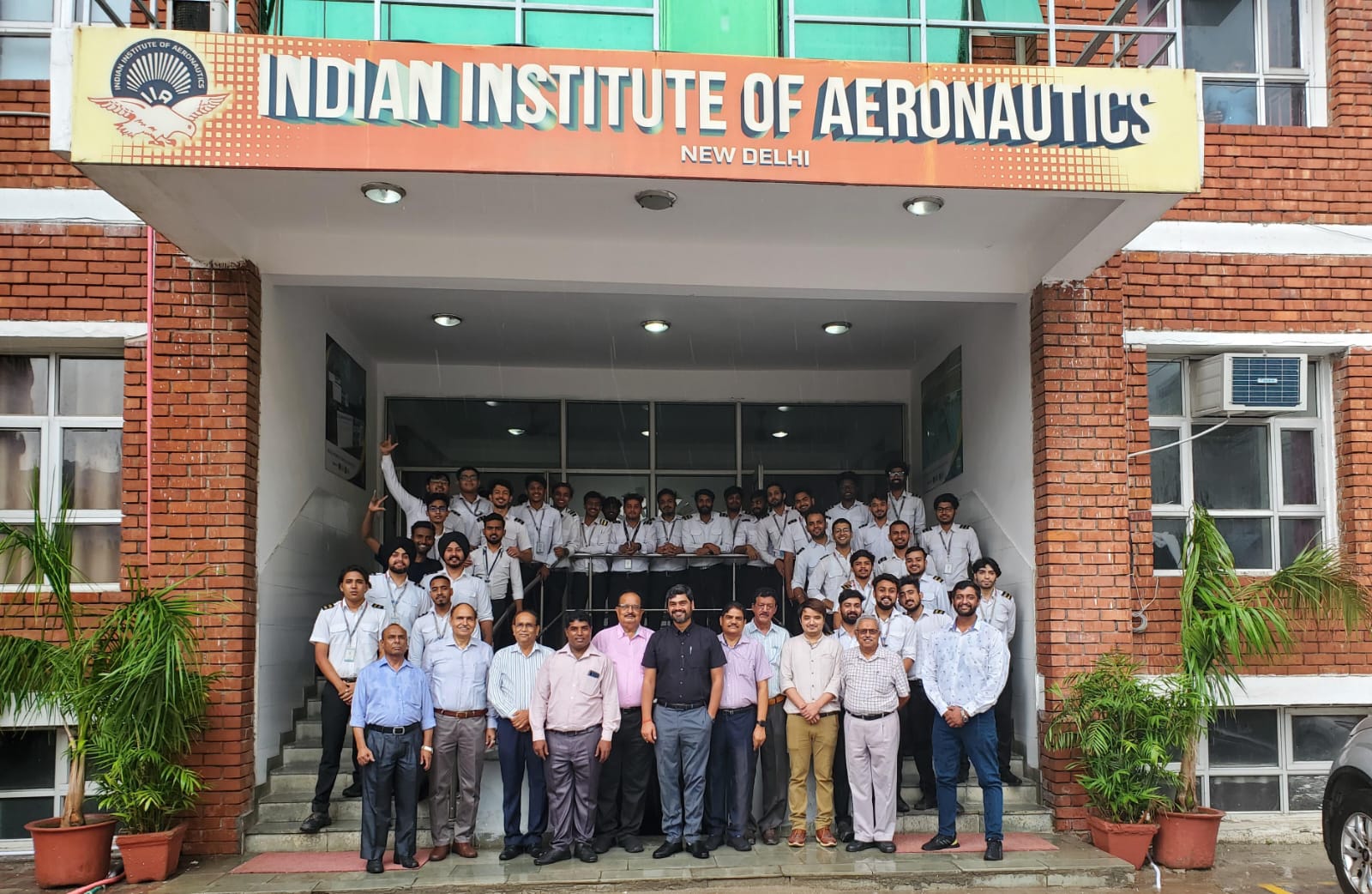
Indian Institute of Aeronautics (IIA), AME College in New Delhi, India
DGCA Approved AME Courses Offered in india by the IIA Group
Aircraft Maintenance Engineering: AME Mechanical Stream
Aircraft Maintenance Engineering: AME Avionics Stream
The AME courses offered by the IIA Group are designed to provide comprehensive theoretical and practical training to aspiring Aircraft Maintenance Engineers. These programs meet the DGCA requirements for obtaining an AME license in India and are also recognized by EASA, enabling students to pursue a career in aviation, globally.
Infrastructure and Facilities
AME Colleges Infrastructure and Facilities
CERTIFICATION AND RECOGNITION
CERTIFICATION AND RECOGNITION
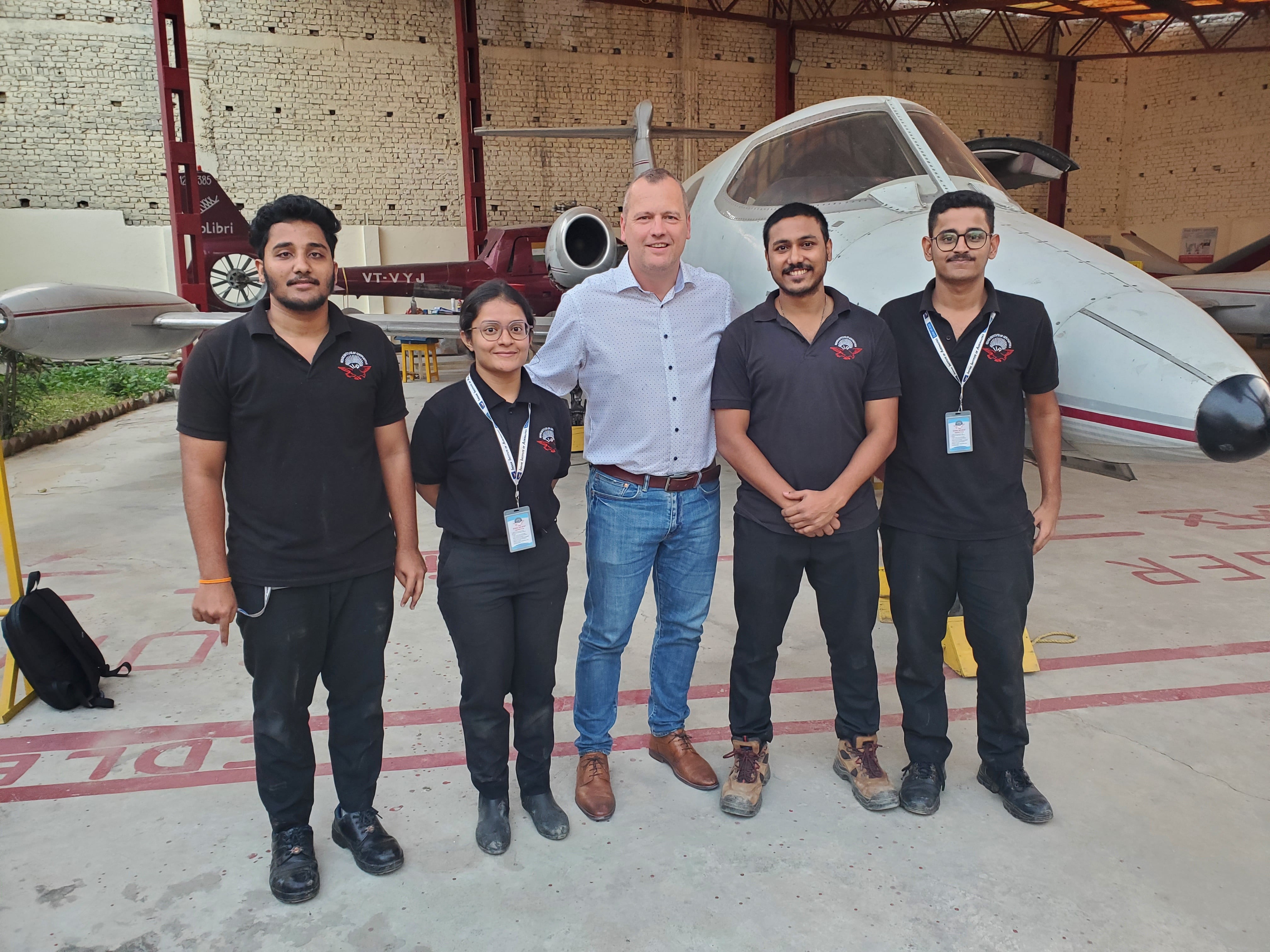
IIA Group AME Colleges PLACEMENT ASSISTANCE
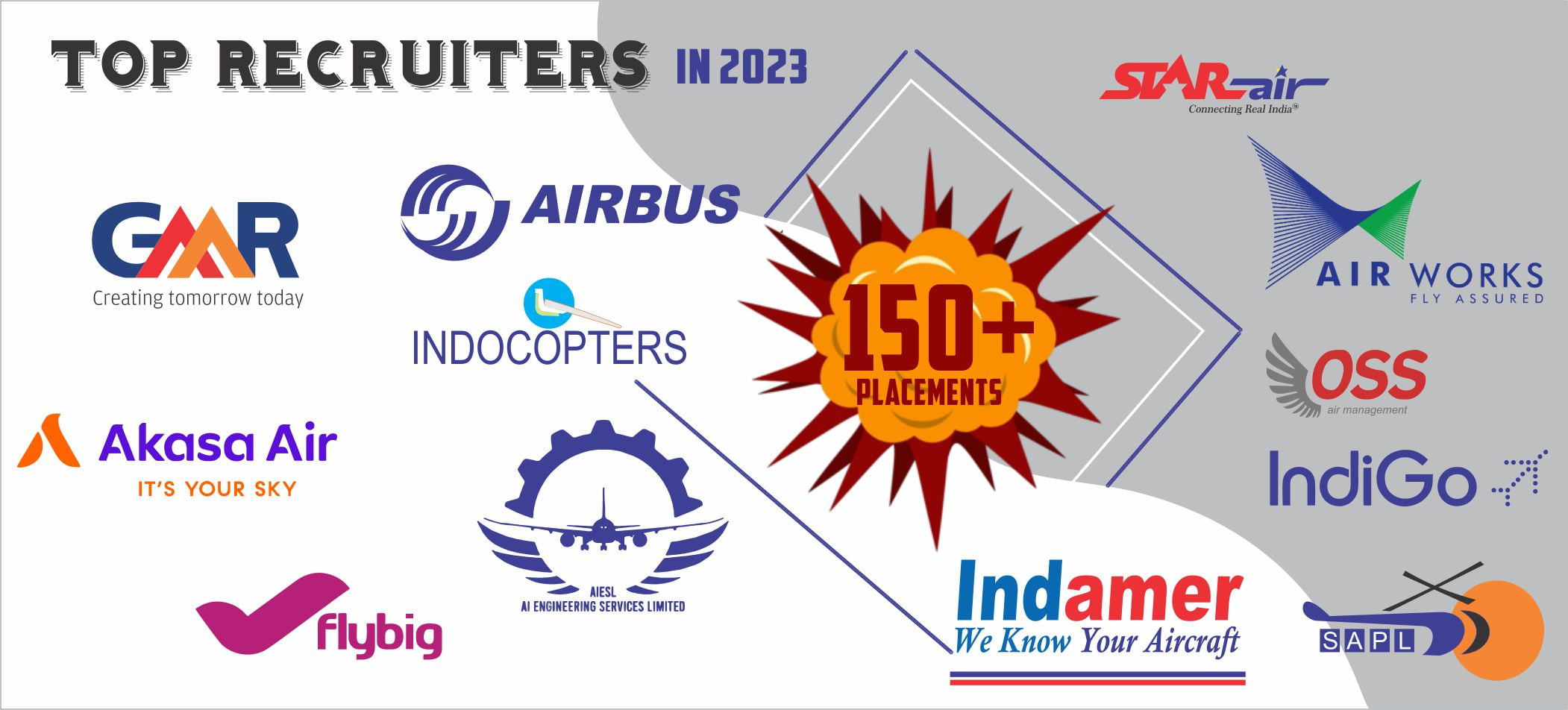
our AME Colleges SERVICES and FACILITIES in India
In order to achieve its ambition of being a world class AME Course provider in India, the institution has develope infrastructure essential for research and all-round development of its students. It has been created according to functionality, current trends and adequacy as per the requirements stipulated by DGCA, Govt. of India and European Union Aviation Safety Agency (EASA). The institute has an extremely modern and state-of-the-art building that goes a long way in facilitating a number of services for the students as well as its staff members.

Wi-Fi Campus

Hangar

Canteen

Smart Classroom
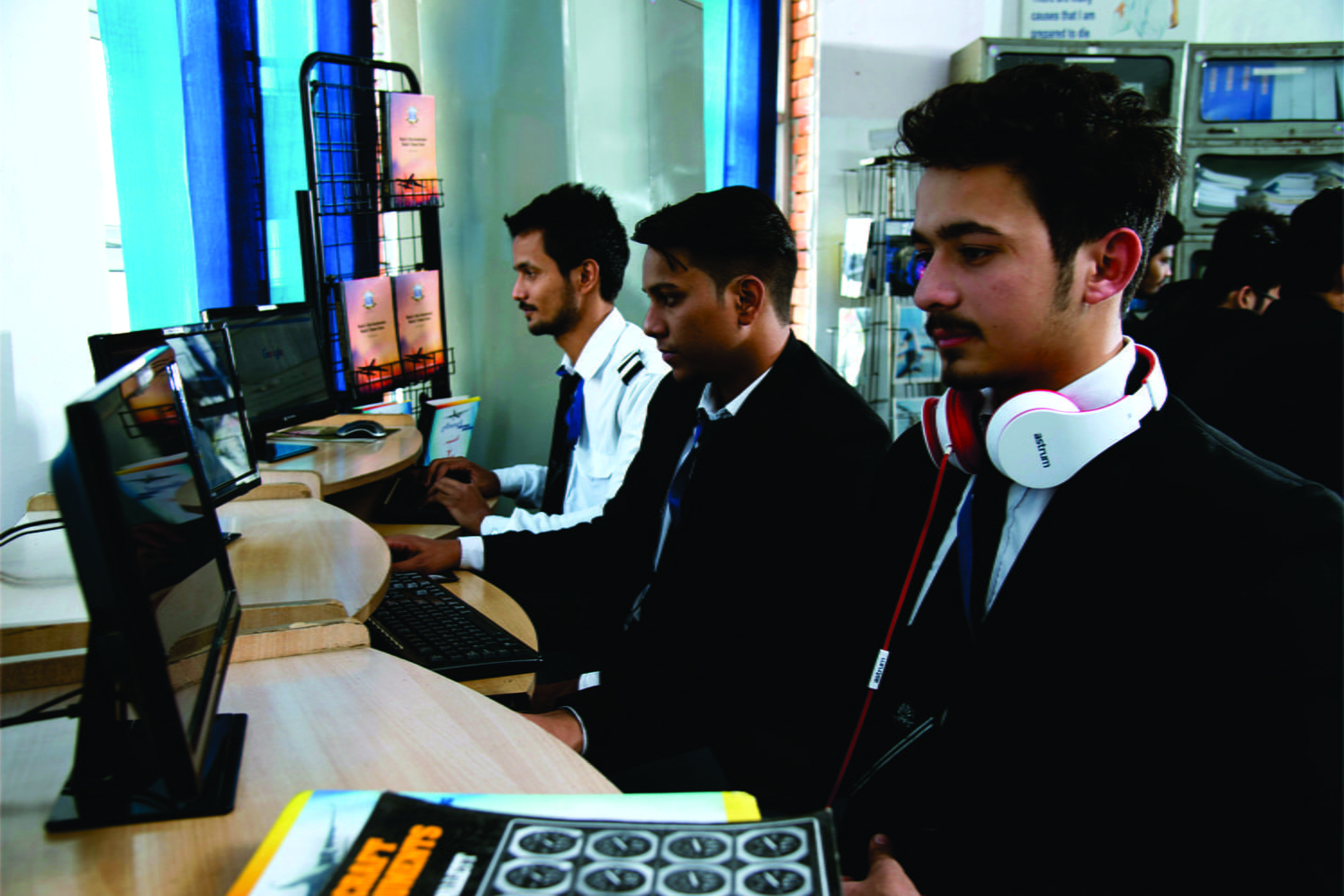
Digital Library
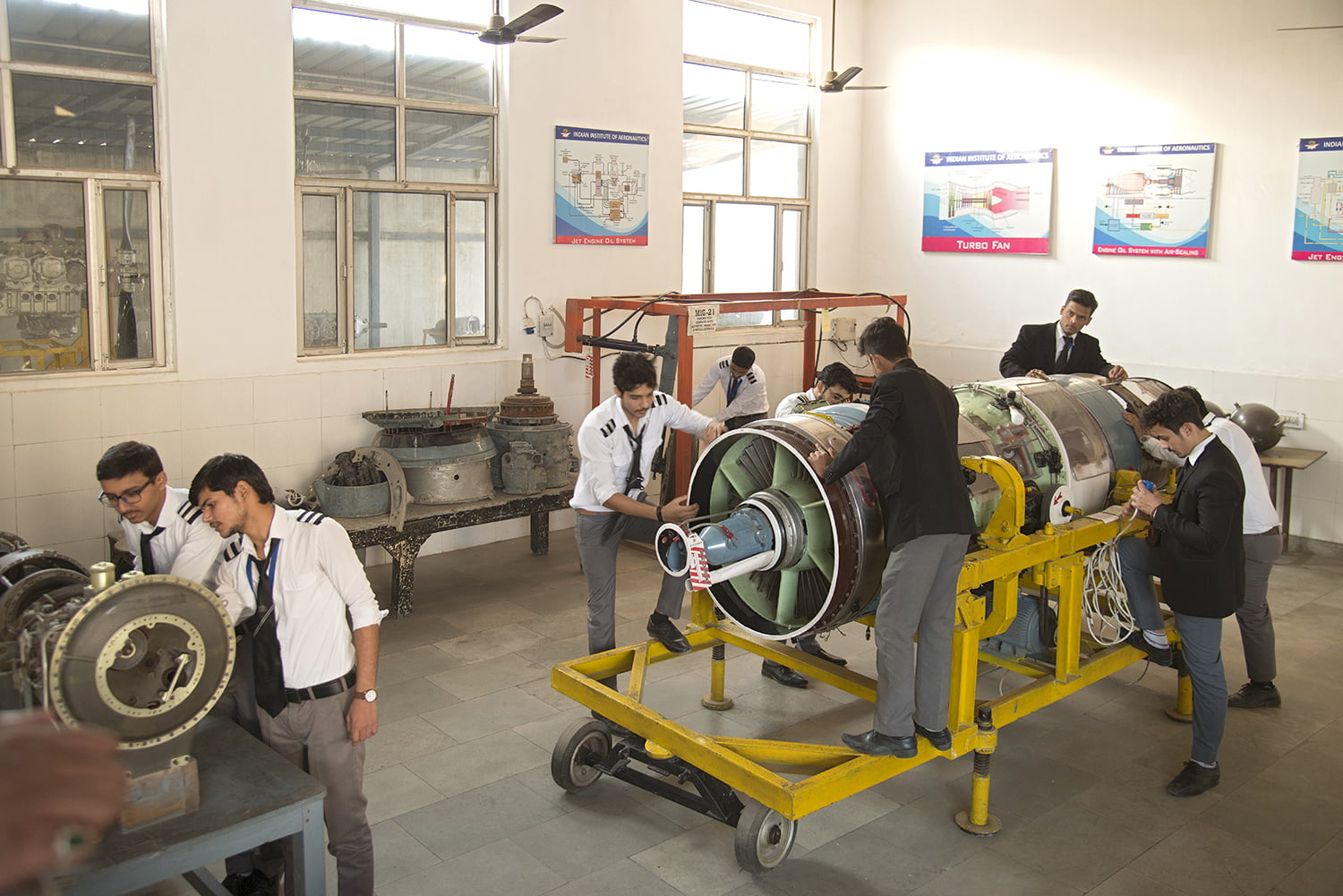
Engine Shop
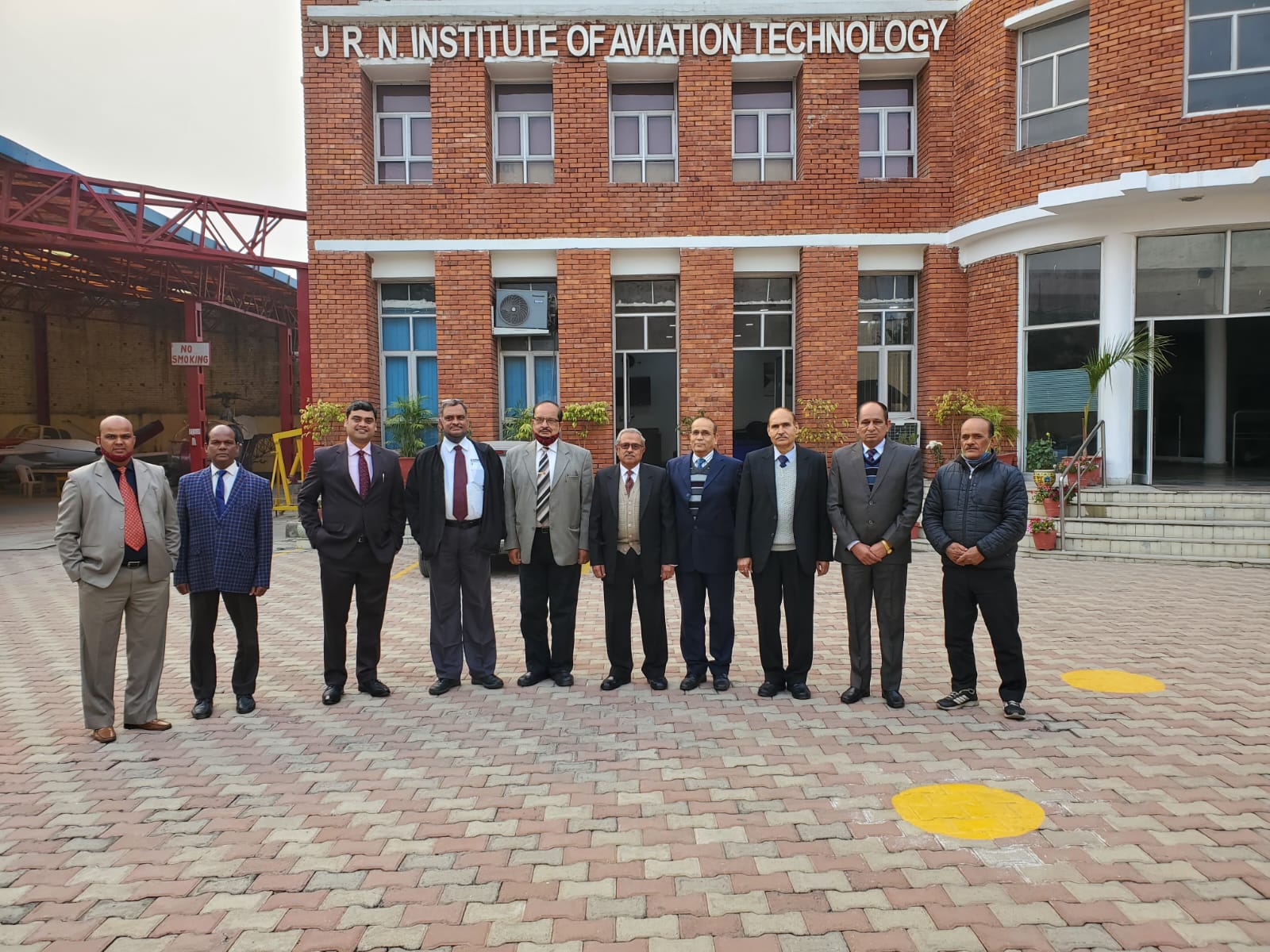
Experienced Faculty

Recreatation Activities
